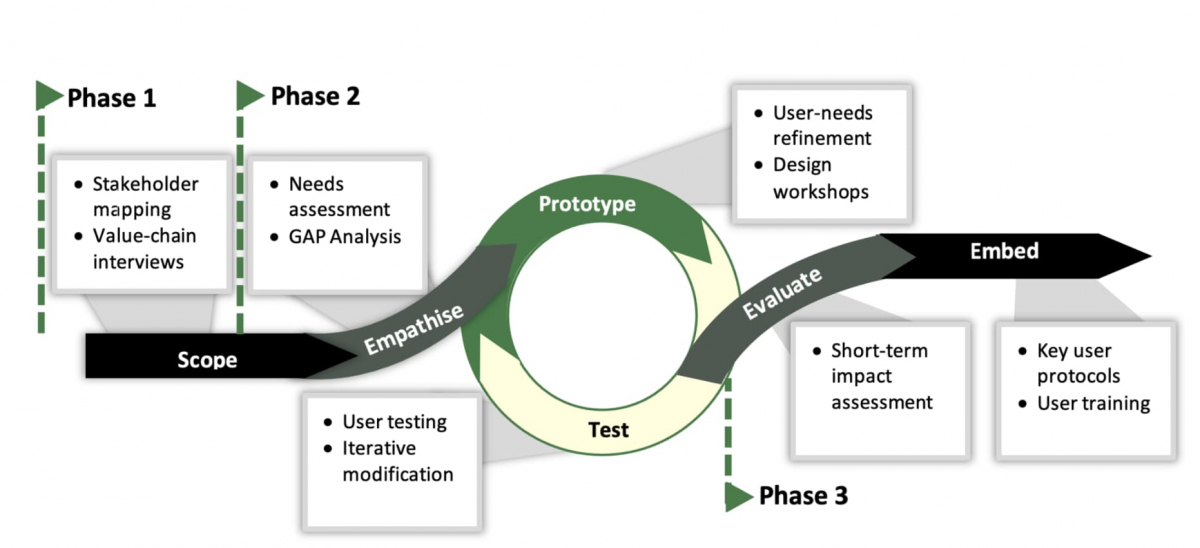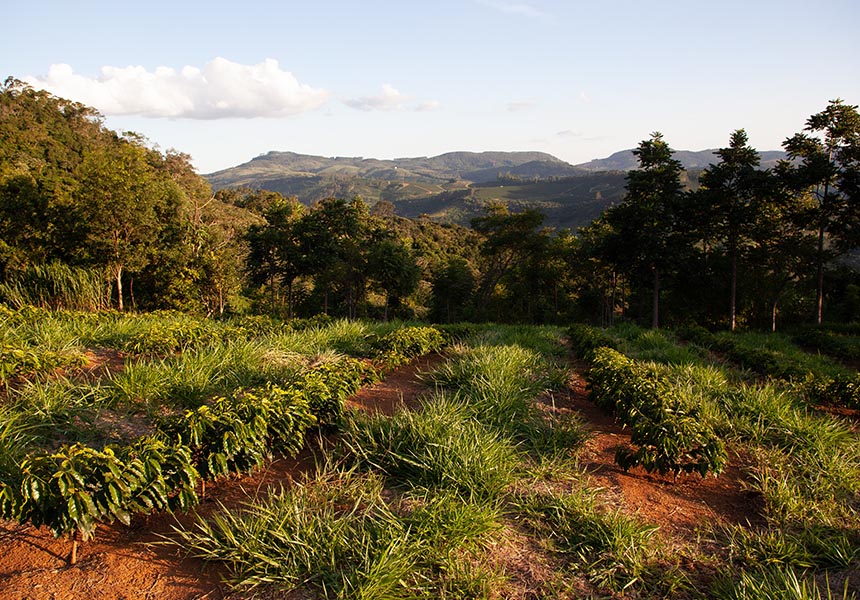About
Agroforestry-based reforestation in agricultural landscapes has been identified as a potentially powerful nature-based solution to climate mitigation and adaptation challenges, whilst supporting biodiversity and other sustainable development goals. However, many potential risks and challenges with reforestation strategies have also been identified, including displacement of commodity production and equity issues. Actors in commodity value chains, such as cocoa and coffee, are making commitments to agroforest-based reforestation, for example with 21 million new trees pledged under the recent Cocoa and Forest’s Initiative. In order to ensure these commitments are achieved, their risks mitigated and their livelihood, biodiversity and climate benefits realized, scientific and practitioner knowledge must be better integrated.
Objectives
To help facilitate the integration of scientific and practitioner knowledge, this project will work directly with a consortium of coffee and cocoa value chain actors to co-design the High Agricultural Reforestation Potential (HARP) Toolkit. This toolkit will consist a set of tools that support stakeholders in overcoming key user-identified challenges in implementing agroforestry-based reforestation in coffee and cocoa landscapes.

Figure 1 Our Human-centred design process to co-creating smallholder farmer-oriented solutions
Approach
Overall, we adopt a Human-Centered Design (HCD) approach pioneered by Stanford D.SCHOOL and adapted by our team in multiple smallholder agriculture settings. Our 3 Phase HCD approach is outlined below (Figure 1). Key outputs will include i) sector specific knowledge products relating to agroforestry transitions, ii) the specific tools of the HARP toolkit, iii) academic articles.









